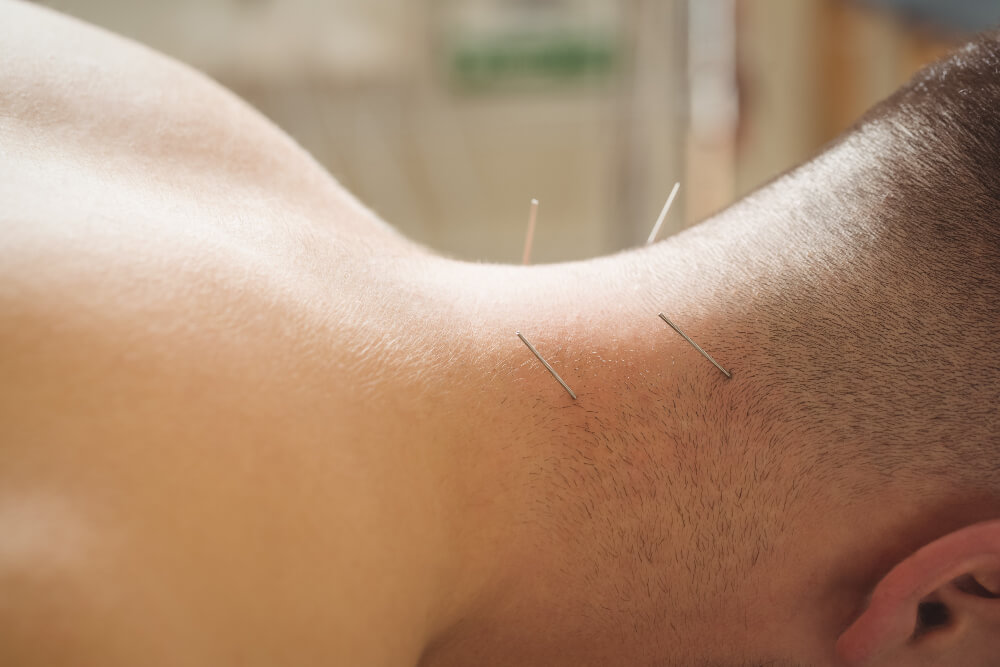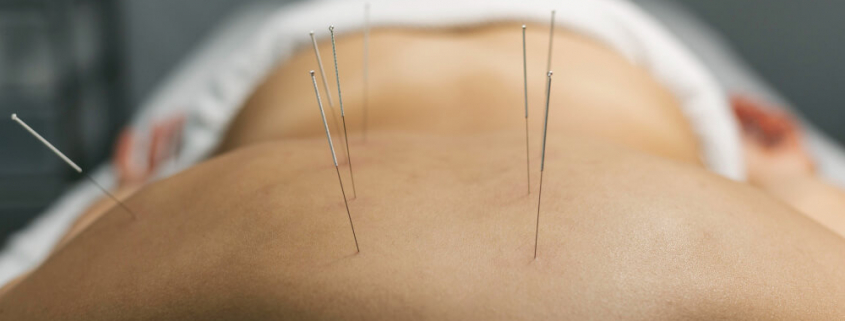Dry Needling vs. Acupuncture: Understanding the Key Differences
If you’ve ever sought ways to reduce pain, improve mobility, or speed up healing, you might have heard of acupuncture and dry needling. Both therapies involve very small needles, but they have different histories, techniques, and goals.
A lot of people ask us at the Yi Hong Acupuncture Clinic in Adelaide what the difference is between acupuncture and dry needling, and which one is better for certain problems. In this post, we’ll talk about the pros and downsides of each treatment, how they work, and how to pick the best one for you.
What is Acupuncture?
Acupuncture has been a part of traditional Chinese medicine (TCM) for thousands of years. Ultra-fine, sterile needles are put into exact spots in the body’s meridians, which are said to carry Qi (energy).
The goal is to help the body stay healthy, heal faster, and get the Qi back in balance. Acupuncture can help with a multitude of various problems, like as
- Chronic pain
- Headaches and migraines
- Stress and anxiety
- Insomnia
- Digestive issues
- Women’s health concerns
At Yi Hong Acupuncture Clinic, they tailor acupuncture treatments to each person’s unique health needs. These treatments help with both the symptoms and the problems that cause them.

What is Dry Needling?
There is a new procedure in Western medicine called “dry needling.” The main purpose is to find trigger points, which are tight knots in muscle tissue that can hurt or make it hard to move.
The practitioner utilises little needles, like those used in acupuncture, to go right into the muscle. This helps relieve stress, improve blood flow, and soothe pain. A lot of sports therapists, chiropractors, and physiotherapists use dry needling to help with:
- Muscle tightness
- Sports injuries
- Localised pain
- Movement restrictions
Unlike acupuncture, dry needling doesn’t focus on Qi or meridian points. The main goal is to correct abnormalities with the bones and muscles from a structural and anatomical point of view.
There Are Major Differences Between Acupuncture and Dry Needling
They both employ tiny needles, but their attitudes, methods, and uses are completely different.
1. Origins and Theory
Traditional Chinese medicine uses acupuncture to make individuals healthier by balancing their qi. Dry needling is a new approach to managing pain that uses Western anatomy and physiology to detect and treat trigger points in muscles.
2. Treatment Goals
Acupuncture can help with a lot of mental and physical health problems, from long-term ones to general wellness. Most of the time, people use dry needling to relieve pain, loosen tight muscles, and make it simpler to move around in some areas
3. Choosing Points
According to meridian theory, acupuncture points could be far away from the area that aches. Dry needling goes right to the spot where muscles are stiff or sore.
4. How You Feel During Therapy
You might feel a small tickle or pain with either therapy. You could feel a little quiver in your muscles when the trigger point relaxes during dry needling. Most of the time, acupuncture helps you feel calmer and more at ease.
When to Get Acupuncture
You may benefit more from acupuncture if you:
- Are you looking for a holistic treatment to support your overall wellbeing
- Have conditions that involve both physical and emotional symptoms
- Want to improve energy balance, sleep quality, and stress levels
- Are you seeking a natural approach to managing chronic health concerns
When to Use Dry Needling
Dry needling may be more suitable if you:
- Have a sports injury or localised muscle tightness
- Need quick relief from muscular pain
- Have postural-related tension from desk work or repetitive movements
- Are you undergoing physiotherapy and want a complementary treatment

Can You Do Acupuncture and Dry Needling at the Same Time?
Both treatments might help in some cases. For example, an athlete who is healing might utilise acupuncture to help them relax, minimise inflammation, and speed up their recuperation, and dry needling to help with tight muscles.
We can work with other professionals at Yi Hong Acupuncture Clinic to make sure you get the best treatment plan for you.
What Kind of Therapy Works Best for You?
Whether you select acupuncture or dry needling will depend on your own needs, goals, and interests. If you’re not sure which method is ideal for you, you can talk to a licensed acupuncturist.
Our trained staff at Yi Hong Acupuncture Clinic in Adelaide can look at your issue and advise the best strategy to fix it. This could be a blend of acupuncture and cupping therapy.
Acupuncture in Adelaide at Yi Hong Acupuncture Clinic
We are experts in acupuncture. Finding the root of health problems is a natural and personalised way to heal. If you’re having trouble with stress, chronic pain, or just want to feel better in general, our staff is here to help.
Call now to set up an appointment to find out how acupuncture can help you stay healthy and get back in balance.



